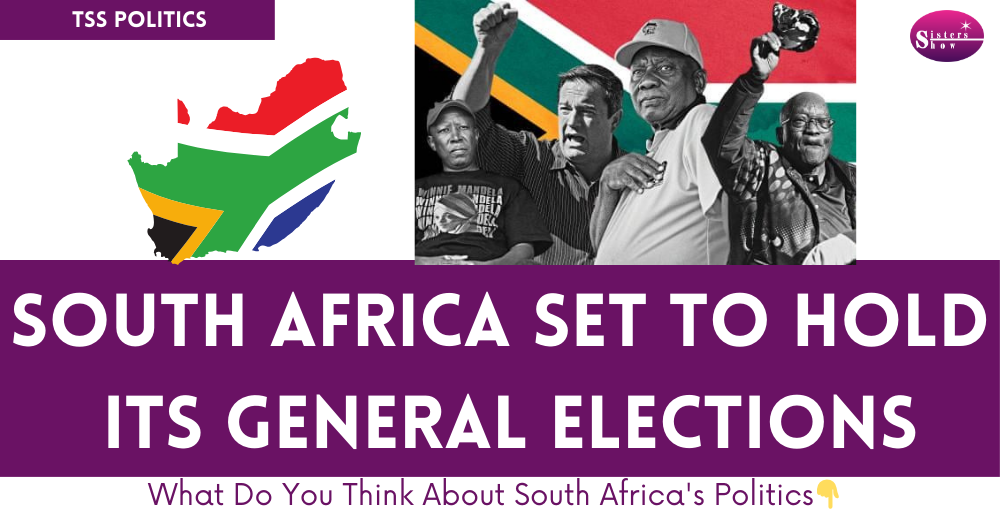
South Africans Head to the Polls: Could the ANC Lose Its Majority?
On May 29, South Africa will witness a pivotal moment in its democratic history as some 28 million registered voters head to the polls. This election is poised to be one of the most significant since the end of apartheid, with the African National Congress (ANC) facing the possibility of losing its majority for the first time. Here are the five key figures who could shape the outcome of this historic election.
Cyril Ramaphosa, the current president of South Africa and leader of the ANC, is at the forefront of this election. His tenure has been marked by efforts to combat corruption and revive the economy. However, Ramaphosa faces significant challenges, including widespread dissatisfaction with the ANC’s performance and internal party divisions. His leadership and policies will be crucial in determining whether the ANC can retain its majority.
John Steenhuisen, the leader of the Democratic Alliance (DA), South Africa’s official opposition party, is a key player in this election. Steenhuisen has been vocal in his criticism of the ANC, focusing on issues such as government corruption and economic mismanagement. The DA aims to capitalize on the ANC’s weaknesses and present itself as a viable alternative to South African voters.
Former President Jacob Zuma remains a controversial and influential figure in South African politics. Although a court decision recently removed him from the parliamentary candidate list due to a 2021 conviction, Zuma’s presence continues to loom large. His support base and potential influence on the election outcome make him a wildcard that could disrupt the political landscape.
Julius Malema, founder of the Economic Freedom Fighters (EFF), has built his party around advocating for the rights of Black South Africans. Malema’s platform focuses on land reform, nationalization of key industries, and economic justice. The EFF’s growing popularity, particularly among younger voters, positions Malema as a significant force in this election.
Velenkosini Hlabisa, president of the Inkatha Freedom Party (IFP), is another key figure in the upcoming election. The IFP, trailing behind the EFF, is predicted to secure a substantial percentage of the vote. Hlabisa’s leadership and the IFP’s focus on traditional values and community development could sway voters looking for alternatives to the ANC and the DA.
The Stakes Are High
This election comes at a critical time for South Africa, a nation grappling with economic challenges, social inequalities, and political corruption. The potential for the ANC to lose its majority signals a significant shift in the country’s political dynamics. The outcome will determine not only the future leadership of South Africa but also the direction of its policies and governance.
As South Africans prepare to cast their votes, the nation’s political future hangs in the balance. The influence of leaders like Cyril Ramaphosa, John Steenhuisen, Jacob Zuma, Julius Malema, and Velenkosini Hlabisa will be pivotal in shaping the outcome of this historic election. With the possibility of the ANC losing its majority for the first time, the stakes could not be higher.




